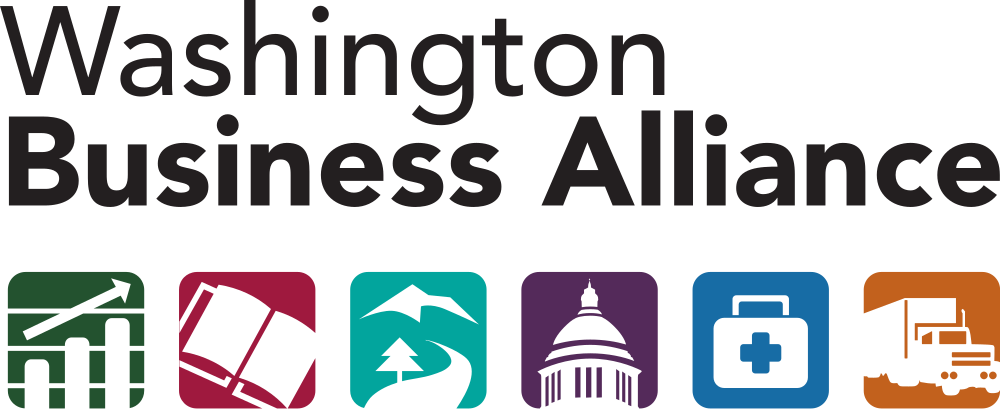Mercer Island residents learned an important lesson last week when contamination in their drinking water forced school closures. That was a failure of the infrastructure that carries water from a source, treats it and ensures it is “safe” to ingest; pipes and treatment facilities. Infrastructure matters.
Indeed, when parents put their children on school buses each day it’s with the expectation that the bus won’t encounter a collapsing bridge – that well constructed roads will be there to support the transportation. Infrastructure.
When the legislature created the Public Works Assistance Account (Trust Fund) in 1985 they, and the citizens who agreed to small increases of existing taxes, intended to establish a revolving account of monies to be loaned for critical infrastructure projects.* The state’s program was seen as a national model for infrastructure management and finance.
Recently legislators seem to regard this fund as a piggy bank they can raid to pay for McCleary mandated activity. But the primary responsibility government has is to keep the citizens safe. The best school in the world is worth nothing if the children can’t get there safely, drink the water and eat their lunches without getting sick.
On Mercer Island private citizens and business owners are experiencing just how significantly infrastructure failure hits them. Tap water, refrigerator water and ice makers are off limits for drinking and washing. Moms don’t feel safe having young children bathe in the water. Some remember another infrastructure failure, the sinking of the I90 bridge.
Twice now grocery stores have had to throw away all fresh vegetables, fish and deli salads – anything touched by fresh or frozen water. Although the stores on the island are part of large chains, individual managers know they won’t be able to make up the losses on their performance reviews. How would this impact the small grocery stores in smaller towns were this to happen there? It would be devastating.
Restaurants have been closed and twice ordered to throw away any food that has been prepared in any way – anything already touched by water. The economic hit to these small businesses may put some of them out of business. Could businesses survive these losses in smaller towns? Probably not.
A safe state comes first. Infrastructure matters. Restore the Public Works Assistance Account.
*Note: The PWAA has received deposits of loan repayments and revenues from the following three taxes: 6.1% of the Real Estate Excise Tax (REET) imposed on the sale of real property; 20% of Public Utility Tax (PUT) revenues from water utilities and 60 percent of the PUT revenues from sewer utilities, and 100% of the Solid Waste Collection Tax (SWCT) imposed on garbage utilities.
There have been almost $1Billion in Capital Budget redirection and fund transfers from infrastructure funding: three sweeps from PWAA of $509, $80m and $277m. Additionally, the Public Utility Tax has been redirected. All but 2% of REET has been redirected and the Solid Waste Collection Tax has been suspended.
KING5 video highlights how citizens react.
